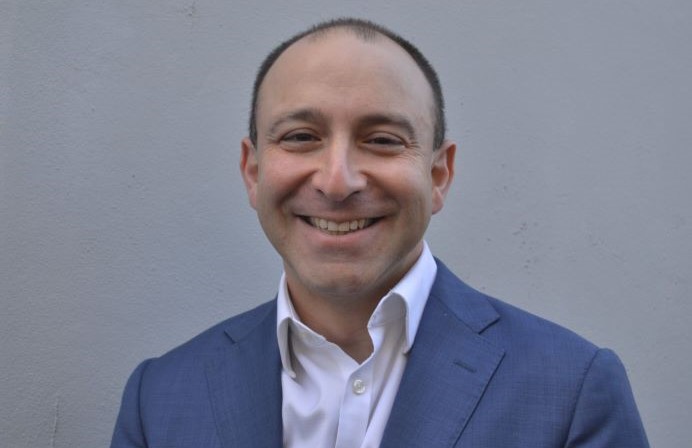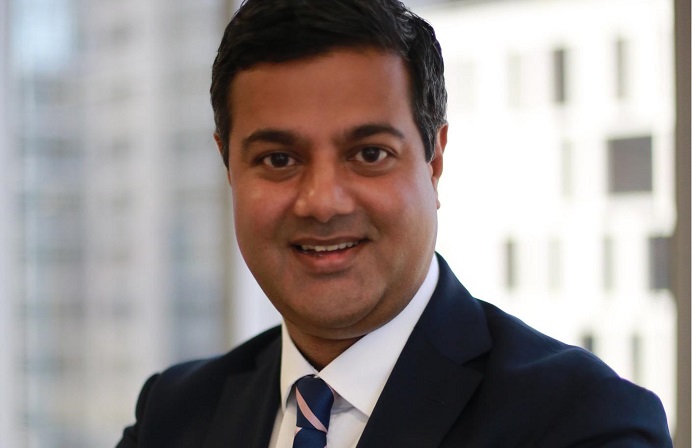
“Typically banks have withheld access to customer data as a strategic resource and competitive barrier, making it harder for fintech start-ups to access information, but that is rapidly changing…”
FST Media: What are your business and digital priorities for the next 6 months?
Szetho: My priorities for FinTech Australia in the next 6 months are centred around 2 major goals:
First is to establish a sustainable membership fee-based operating base for the Association. That means getting out and speaking to as many members as possible, and running our first National FinTech Census to identify exactly what our members need us to help them with. Our members are start-ups so they don’t have much cash – asking them to pay membership fees (as small as they are) is a big deal for them. We have to make sure that we, and the various parts of government, are putting our limited resources toward initiatives that deliver the biggest bang for buck for our members.
Second is to make sure the rest of the world is noticing what is happening in the Australian fintech scene on a policy and ecosystem development front. We are starting to get very vocal in the media about the total turnaround that has taken place here, that nobody outside of Australia really knew about. That is already starting to change, and I am hearing that people in the UK and China are starting to look toward Australia with renewed interest which is a great start. The report for the National FinTech Census should also make a pretty good splash internationally as we partnered with EY, who are coming to the table with some great international benchmarks. Our move to be a launch member of the Global FinTech Hub Federation was also an important step toward gaining international recognition.
We are also looking at creating some digital infrastructure, like a solid database and social channels to really help build up our local and international community. There’s a lot to do creating a brand new Association – we’re basically a start-up ourselves!
FST Media: What technology or innovation is proving to be the biggest game changer across financial services?
Szetho: The movement toward Open Financial Data is the biggest game changer in Financial Services. The UK government recently mandated Open Banking APIs, forcing the nine major banks to open up access to their Customers’ transaction data to facilitate innovation and promote competition. That is hugely game-changing – typically banks have withheld access to customer data as a strategic resource and competitive barrier, making it harder for fintech start-ups to access the information they needed to create the best possible experience for the customer, but that is changing rapidly. In the EU, US and even here in Australia with the Productivity Commission’s recent inquiry into Data availability and use, governments are starting to realise that releasing this locked up data can yield tremendous economic benefits for consumers, regulators and the overall economy. The interesting question it then raises for the banks is that they now need to compete on products and services, rather than data and infrastructure, which will become increasingly commoditized. That brings them even more head-to-head with fintech companies.
FST Media: How can banks and non-traditional financial services work towards innovation in the finance sector?
Szetho: Collaboration is really the key here. I know this is an oft-quoted phrase, but I’ll go one step further than most. My own experience has taught me that successful collaborations usually start with a clearly defined, shared goal. In this case, it’s usually solving a pain-point for a customer. The next is to ensure that the right people are at the table – and in huge organisations like the Banks, this can mean a cross-functional team with representatives across multiple functions that don’t typically work together, like IT, Risk, Product and Marketing. That’s already a huge ask. Then these all need to be clear about the goal, and working toward it together with the partner (in our case, a fintech start-up). Clear, transparent communication on both sides is critical to success – it builds trust, which is vital in a successful innovation partnership, because some things are guaranteed to go wrong along the way – that is just part of the process. I have seen many partnerships with start-ups fail because a company is too scared to tell them what is going wrong. In fact, the best thing you can do for a start-up is to be honest if something they are doing won’t work. They can pivot quickly, but they won’t know they need to pivot, or how they should pivot unless you tell them why. Honest, quick feedback is incredibly valuable to a start-up.
FST Media: Is it important to have disruptive fintechs as well as those which aim to work hand-in-hand with traditional financial services?
Szetho: Absolutely! Disruptive fintechs add more competition to the industry; assistive fintechs help incumbents raise the bar. Whether disruptive or assistive, every new fintech innovation improves things for the customer – either by creating a better experience, reducing cost, or bringing greater efficiency to the industry as a whole.
FST Media: How will fintech demonstrate enough flexibility to appeal to all generations?
Szetho: Fintech companies tend to find interesting niches that appear underserved by existing financial services companies, and target them with solutions – whomever that might be for. I don’t necessarily think that all fintechs need to be flexible enough to appeal to all generations. Some deliberately target specific segments, like young adults who need to learn how to save. Others try to be broader in scope, for example mobile payments which benefits everyone who uses a smartphone – and in Australia, that’s practically everyone from kids through to seniors. Australia is a highly digitally sophisticated market.
FST Media: What is the next big thing for Fintech Australia and how will you measure its success?
Szetho: The next big thing for FinTech Australia will be our National FinTech Summit, Collab / Collide 2016, which we’ll be holding in Melbourne in the first week of November. That’s going to be a huge coming together of the Industry to celebrate what we’ve achieved so far, and to shape our international identity as our industry starts playing on the global stage. I’ll be keeping an eye out for how many international attendees we have coming in for the conference and for the feedback from our members. We will hopefully have some cool toys to help some of them with Business Development that we can also measure anonymously to see how many connections we might have helped to broker through the summit.
FST Media: Where do you look for emerging technology trends?
Szetho: I have to say I am incredibly fortunate; in my job I get to talk to some of the most interesting, fascinating people. I deliberately seek out time to speak with entrepreneurs – whether they are in fintech or other industries – to understand what they are working on. For example, I was recently in London and made time to seek out Chris Gledhill, whom I follow on Twitter because I really like what he tweets about fintech and other industries. He shared his theories on reputational economics, the future of money and his journey so far founding Secco Bank. I was instantly hooked by the idea because I’d read about something similar 12 years ago in a science fiction novel! I couldn’t believe he was actually building it. I invited him to speak at our summit on the spot and I am so thrilled he accepted. I can’t wait for him to share his story with us here in Australia.
Another pro tip is to ask your Uber driver about other interesting passengers they meet. They pick up all kinds of interesting people – one once told me his previous passenger was a world-famous Nanomedicine professor, who was working on some incredible nanotechnologies that could target specific parts of cancer cells to deliver treatments only to the areas of the body that needed it. I read about it in a news story a few months later. Things like that totally blow my mind.
FST Media: What knowledge and skills are most vital for those working in the fintech space?
Szetho: I think it depends which area of fintech you are in. For anything consumer facing, I actually think that having a really good understanding and appreciation for the customer journey is the most important skill; you don’t have to have worked in the Financial Services industry to start solving consumer problems. If you’re working on something B2B or Institutional though, you would probably find it hard without some prior knowledge of the space, or a co-founder who had some. It’s probably why we do not see that many of these kinds of fintechs outside of business lending just yet in Australia.
Overall though, an ability to clearly translate technical, complex financial or technical jargon into simple, customer-friendly language is always going to help you market your products well, and convince a customer that you know how to solve their problem with your product or service.
FST Media: Who do you look to for inspiration outside of your industry?
Szetho: I come from a design background, so I’ve always drawn inspiration from great artists and designers. Marcel Duchamp inspires me to look at things differently, and have a sense of humour about things (very important in this job!). Kazimir Malevic inspires me to simplify things to their basic fundamentals – it’s a great way to approach problem solving and partnerships.
Besides that, my inspiration is my family. They keep me really grounded, but they also inspire me to greater heights. Especially my dad – he is the best mentor anyone could have.





